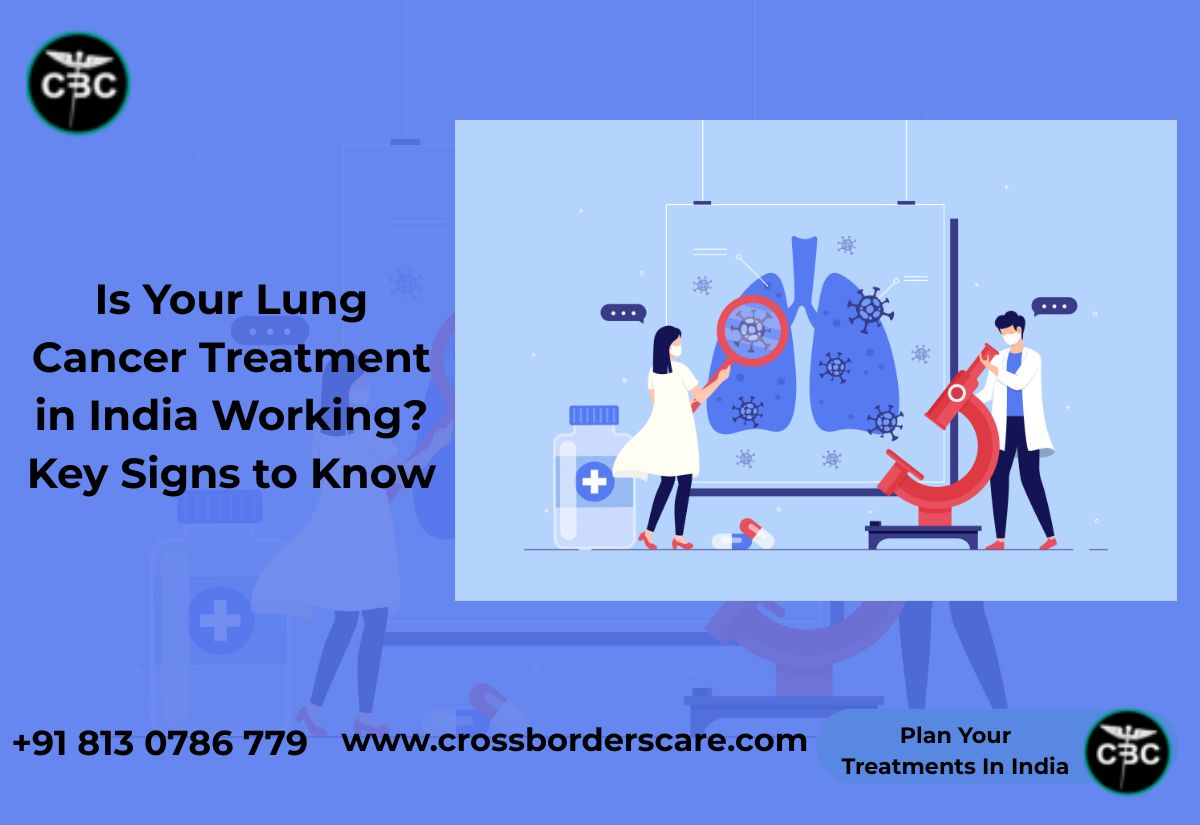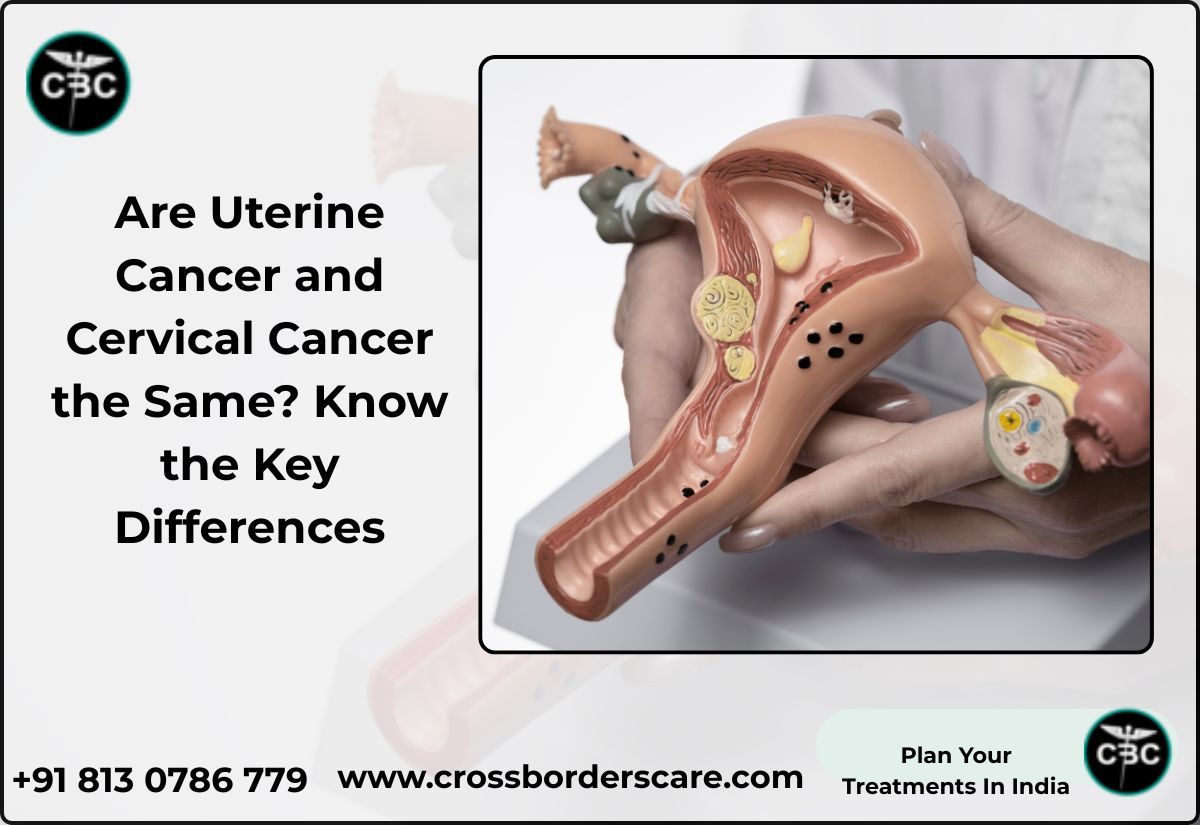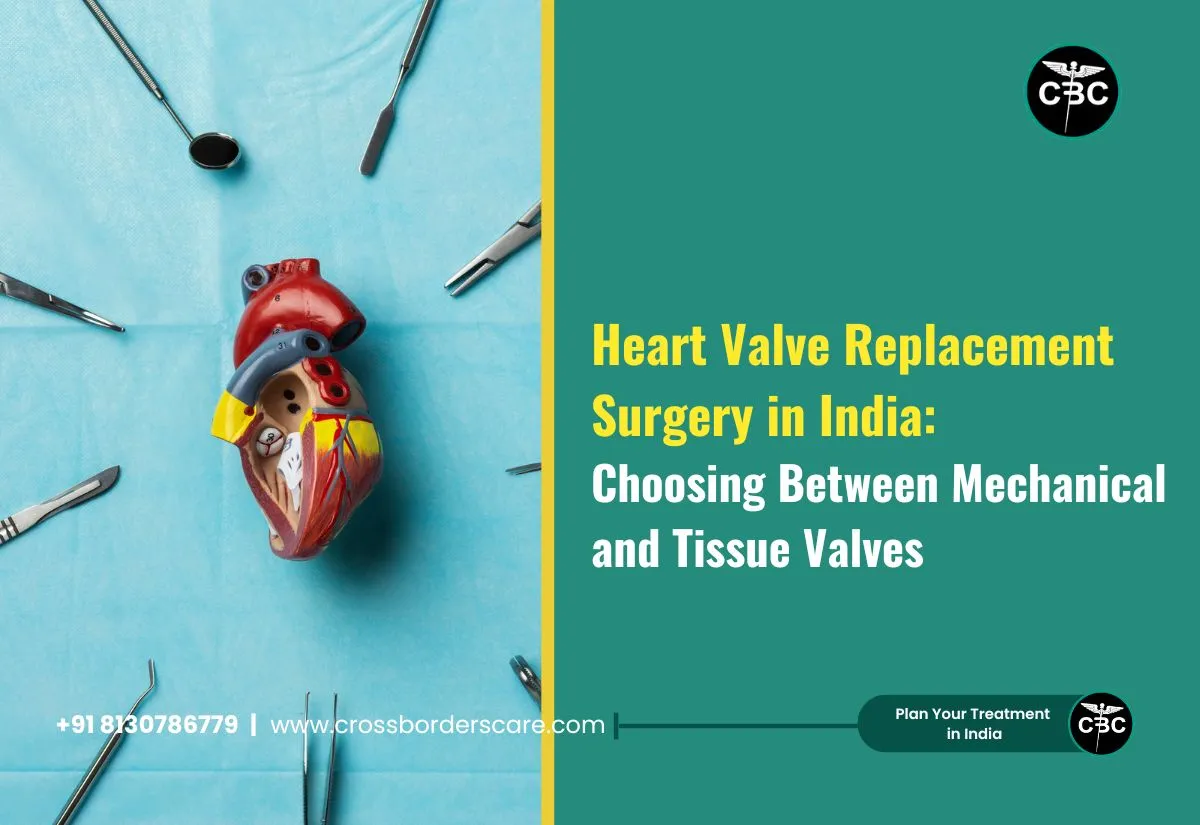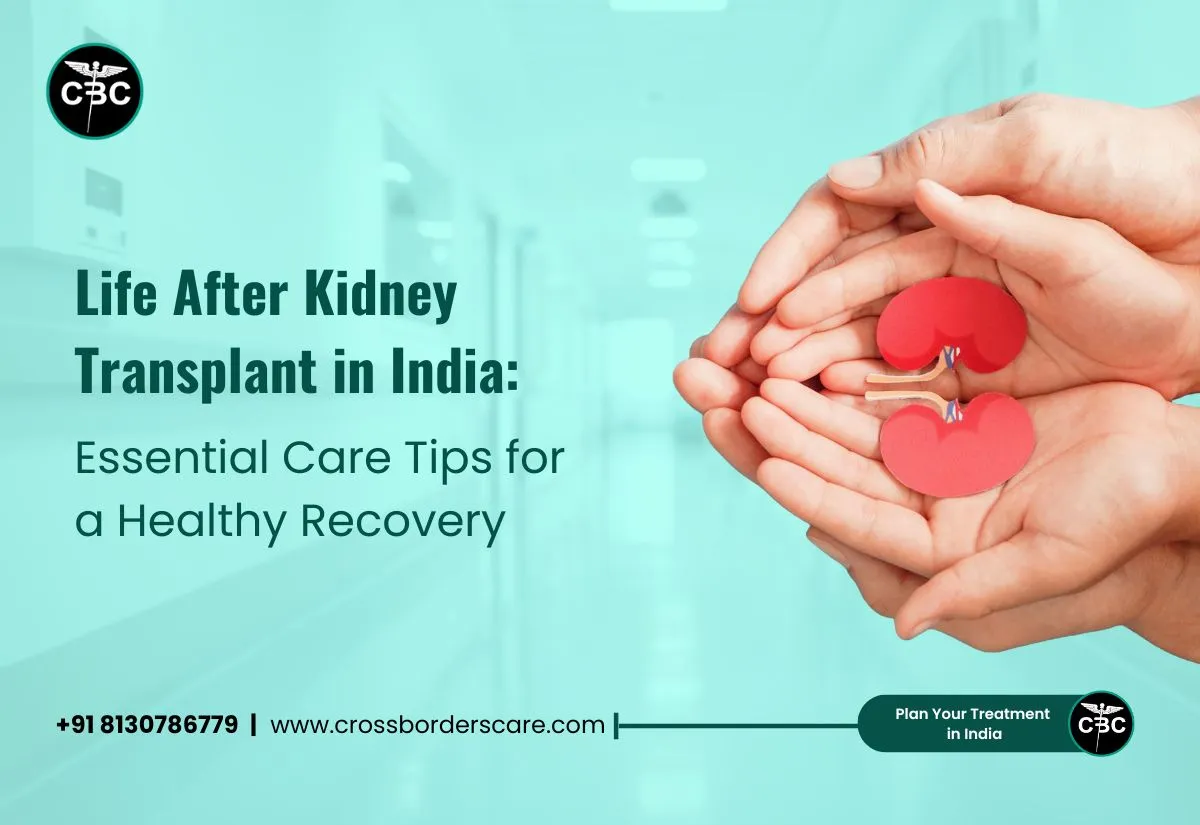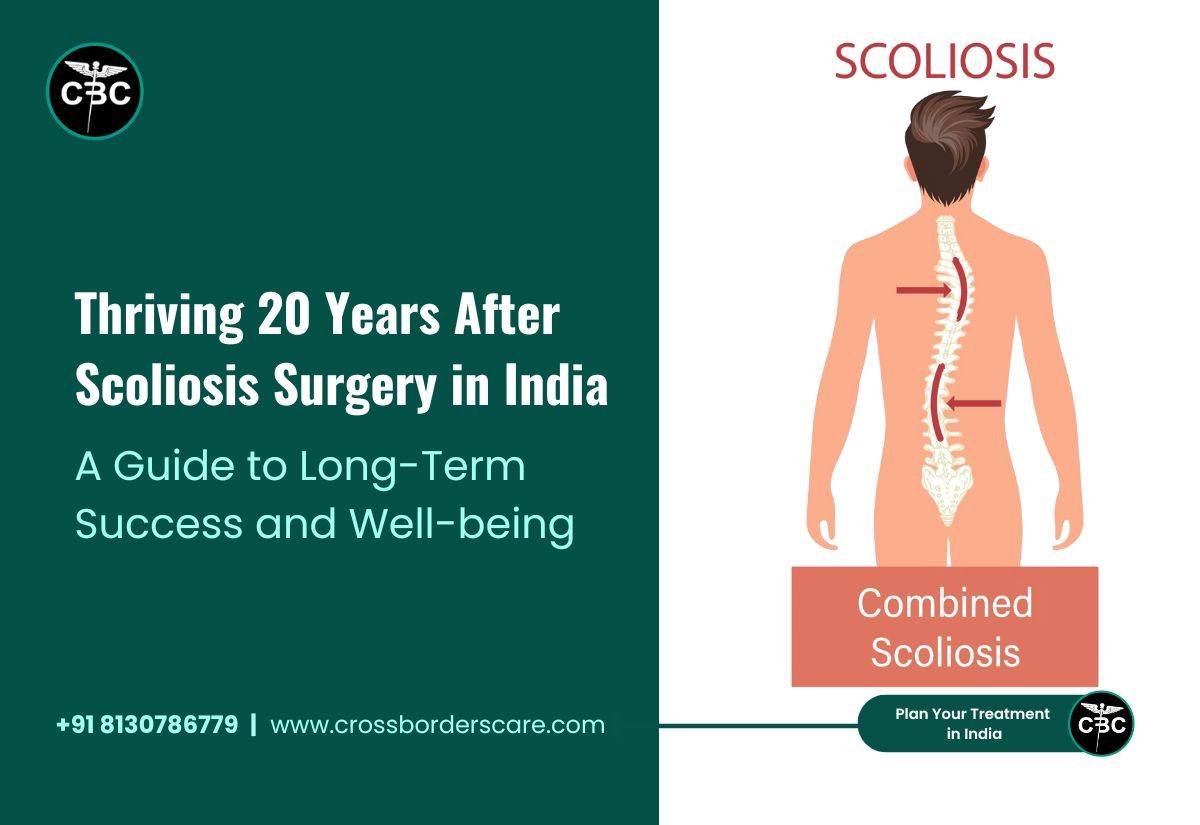Indraprastha Apollo Hospital, New Delhi is one of the best hospitals for bone cancer treatment in India for Ethiopians. International patients seeking world-class oncology care, Apollo Delhi offers a structured, transparent, and well-supported treatment journey — from online consultation to long-term follow-up care.
This guide explains how Ethiopian patients can contact Apollo Delhi, start treatment, stay in India, and manage follow-ups or relapse care, step by step.
Bone cancer Treatment in India: Why Apollo Is the Number One Choice?
Ethiopian patients prefer Indraprastha Apollo Hospital because it offers:
- Experienced Orthopedic Oncology doctor
- Advanced limb-salvage bone cancer surgery
- Modern chemotherapy & radiation therapy units
- NABH & JCI-accredited international standards
- Dedicated International Patient Services
- Affordable and transparent bone cancer cost in India
Apollo Delhi treats patients from Africa, Middle East, and Europe every year with personalized cancer care.
Steps to Get Bone Cancer Treatment at Indraprastha Apollo Hospital India
Step 1: How Ethiopian Patients Can Contact Apollo Delhi
Ethiopian patients can start their treatment journey without traveling to India first.
Ways to Contact Apollo Delhi:
- Via a trusted medical tourism company in India: Cross Border Care
What to Share:
- Diagnosis details
- Medical reports (X-ray, MRI, biopsy, PET-CT if available)
- Brief medical history
We will share your report with Dr Sameer Kaul, senior oncologist in India at Apollo, review reports and schedule a video consultation with the appropriate cancer specialist.
Step 2: Online Consultation & Treatment Planning
During the online consultation, Dr Sameer Kaul and Dr Nadeem Khan, director at Cross Border Care, will explain:
- Type and stage of bone cancer
- Whether surgery is required
- Need for chemotherapy or radiation
- Estimated treatment duration
- Approximate treatment cost
This helps Ethiopian patients plan travel, budget, and stay in advance.
Step 3: Bone Cancer Treatment at Apollo Hospital Delhi – How It Works
Bone cancer treatment in India for Ethiopians at Apollo Delhi follows a multidisciplinary approach, involving:
- Orthopedic Onco Surgeon
- Medical Oncologist
- Radiation Oncologist
- Pathology & Imaging experts
Common Treatment Options:
- Bone Cancer Surgery
Tumor removal
Limb-salvage surgery (preferred whenever possible) - Chemotherapy
Before or after surgery - Radiation Therapy
In selected cases - Targeted Therapy / Immunotherapy
For advanced or recurrent cases
Each treatment plan is customized based on the patient’s condition. We will explain the entire treatment course to you after reviewing your reports
Step 4: Medical Visa, Travel & Arrival in Delhi
Once treatment is confirmed:
- Apollo hospital issues a Medical Invitation Letter
- Patient applies for an Indian Medical Visa
- One attendant can apply for a Medical Attendant Visa
On arrival in Delhi:
- Airport pickup will be arranged by Cross Border Care
- Patient is taken to accommodation near by or hospital by us
- Initial tests are completed within 24–48 hours
Step 5: Stay, Food & Daily Support for Ethiopian Patients
Accommodation Options Near Apollo Delhi:
- Hospital guest houses
- Serviced apartments
- Budget hotels close to the hospital
Food:
- Hospital diet during admission
- External meal services available
- African-friendly or custom meals can be arranged on request by Cross Border care and team
Attendant Support:
- One attendant can stay with the patient
- Same accommodation is arranged by us
Apollo’s International Patient team, Bone Cancer Specialists in India for Ethiopians along with Dr Nadeem Khan assists with daily appointments, billing, and coordination.
Step 6: Bone Cancer Treatment Cost at Apollo Hospital Delhi
Approximate cost range (USD):
| Treatment Component | Estimated Cost |
| Diagnostic tests | $800 – $1,500 |
| Bone cancer surgery | $6,000 – $12,000 |
| Chemotherapy | $3,000 – $6,000 |
| Radiation therapy | $5,000 – $7,000 |
| Total Estimated Cost | $15,000 – $18,000 |
Costs depend on cancer stage, treatment type, and hospital stay duration. We will help you with valid discounts and Dr Nadeem Khan will explain everything about it as the treatment proceeds.
Step 7: Discharge, Recovery & Return to Ethiopia
After treatment completion in 3 to 4 months:
- Patient receives discharge summary
- Medicines & recovery guidelines are explained
- Online follow-up schedule is shared by Dr Sameer Kaul
Most Ethiopian patients can return home safely once doctors approve travel.
Step 8: Follow-Ups After Returning to Ethiopia
Indraprastha Apollo Hospital Delhi offers online follow-up consultations, so patients do not need to travel frequently.
Follow-Ups Include:
- Report review
- Medicine adjustments
- Symptom monitoring
- Lifestyle & rehabilitation advice
Reports can be shared via email or WhatsApp with Dr Nadeem Khan for further support.
What If Cancer Relapses or Further Treatment Is Needed?
If there is a relapse or complication:
- Patient can share latest reports with Cross Border Care online
2. Apollo oncology team will review the case
3. Doctors advise:
- Change in medicines
- Additional chemotherapy
- Or re-travel to India if required
If re-travel is needed, we will again assist with:
- Medical invitation letter
- Visa support
- Fast appointment scheduling
This ensures continuity of care, even across borders.
How Cross-Border Care Helps Ethiopian Patients
Our coordinators will work alongside Apollo to:
- Speed up appointments
- Simplify communication
- Manage travel & stay
- Support follow-ups after return
This makes the entire treatment journey smooth, guided, and stress-free.
Conclusion
Indraprastha Apollo Hospital, New Delhi offers Ethiopian patients a complete bone cancer treatment ecosystem — advanced medical care, international standards, and long-term follow-up support.
From first online consultation to recovery and future care, Cross Border Care in partnership with Indraprastha Apollo Delhi Hospital ensures that Ethiopian patients receive trusted, transparent, and compassionate cancer treatment in India.

